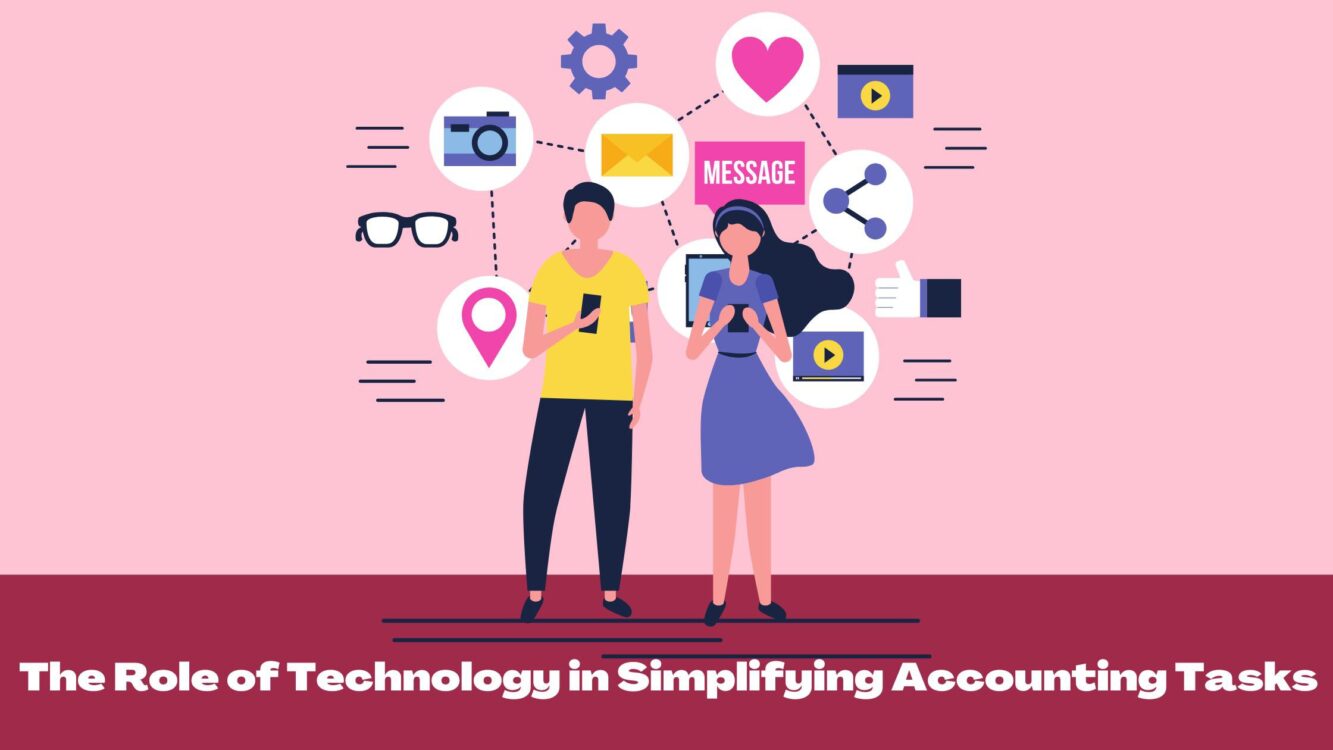
Technology has revolutionized the way businesses handle accounting, transforming it from a time-consuming chore to an efficient, streamlined process. In an era dominated by #Automation and #DigitalTransformation, leveraging technology is no longer optional for businesses—it’s a necessity to stay competitive and compliant.
—
What Is the Role of Technology in Accounting?
Modern #AccountingTechnology automates repetitive tasks, ensures accuracy, and provides real-time insights into a company’s financial health. Whether you’re managing #SmallBusiness finances or overseeing large-scale operations, technology empowers you to focus on strategic growth rather than tedious paperwork.
By adopting tools like #CloudAccounting and #AccountingSoftware, businesses save time, reduce errors, and enhance productivity.
—
How Technology Simplifies Accounting Tasks
1. Automating Routine Processes
– Tools like QuickBooks and Xero automate processes such as invoicing, payroll, and expense tracking.
– Automation minimizes human error and speeds up #DataProcessing.
2. Improving Tax Compliance
– Tax management software calculates taxes, tracks deductions, and generates accurate reports.
– Seamless integration with #TaxFiling systems ensures compliance with regulations.
3. Providing Real-Time Financial Data
– Cloud-based solutions offer #RealTime access to financial statements and cash flow reports.
– Businesses can make informed decisions instantly.
4. Facilitating Collaboration
– Cloud platforms enable accountants, bookkeepers, and business owners to collaborate on the same system.
– Features like role-based access enhance security while improving #Teamwork.
5. Reducing Administrative Burden
– Integrations with #CRM, payroll, and inventory systems streamline workflows.
– Less time spent on manual tasks means more focus on business growth.
—
FAQs About Technology in Accounting
Q1: Is accounting software suitable for small businesses?
A: Yes! Many #AccountingTools cater specifically to #SmallBusinesses, offering affordable and easy-to-use solutions.
Q2: How does cloud accounting ensure data security?
A: #CloudAccounting platforms use encryption, regular backups, and two-factor authentication to safeguard your data.
Q3: Can technology handle complex accounting needs?
A: Absolutely! Advanced software can manage multi-currency transactions, compliance, and analytics with ease.
—
Did You Know?
– Businesses that adopt #Fintech solutions report a 46% reduction in manual errors.
– Over 70% of accountants believe that automation will redefine their roles within the next decade.
—
Key Facts to Remember
– Cloud-based accounting systems are accessible 24/7, making remote work easier.
– Automated accounting reduces financial reporting time by up to 50%.
– Integration with other tools ensures data consistency across business functions.
—
Conclusion
The role of technology in accounting extends beyond convenience—it drives accuracy, efficiency, and scalability. By embracing #DigitalInnovation, businesses can simplify their accounting tasks and gain a competitive edge in the marketplace.
